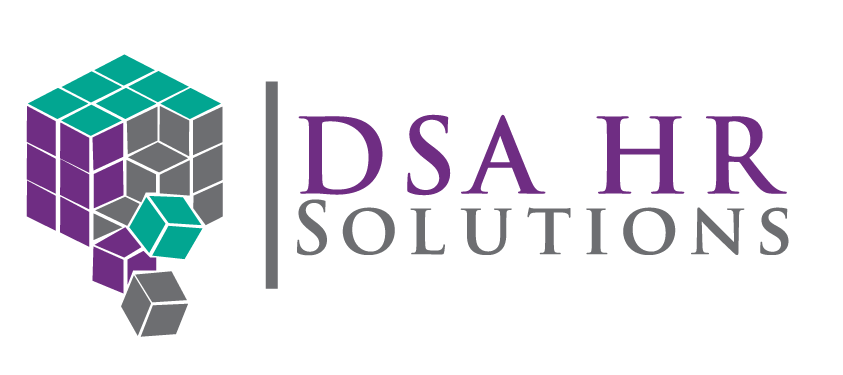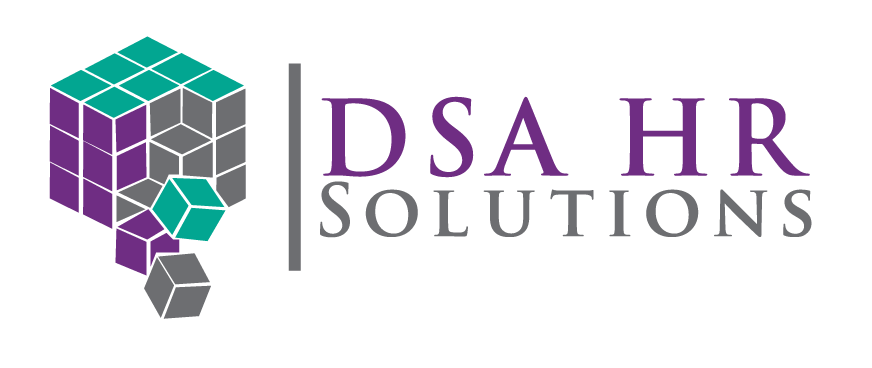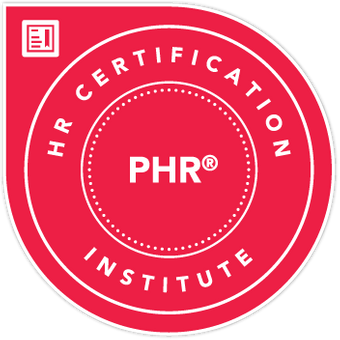Are Small Businesses Required To Have An HR Department?

Just started a business? Congratulations on this new venture of yours! When you’re running a small business, you might wonder whether having an HR department is necessary—given you’re just starting out. Are small businesses required to have an HR department? The answer is no. Small businesses are not legally required to have an HR department. However, it doesn’t mean that you can—or should—skip it altogether. Let’s talk about it in depth.
What Does An HR Department Do?
The HR department handles the following components of a business:
- Recruitment
- Onboarding
- Payroll
- Benefits administration
- Compliance with labor laws
- Addressing employee concerns and managing conflict
Ultimately, they run the people management area of the company.
Now, when you’re running a small business, it’s easy to think, “Oh, I can handle that.”. And yes, you might be right—at first. But as your business keeps growing, so do these tasks and responsibilities. And not having the proper grounds beforehand might put you more at stake long term.
The Legal Requirements for HR in Small Businesses
Currently, there are no laws that specifically state that small businesses should have an HR department. However, it doesn’t mean that you are exempt from labor laws. Labor laws will always apply—regardless of if you have an HR team or not. Let’s say you have just hired your first employee. From here, you will be responsible for the following:
- Adherence to labor laws such as overtime pay, minimum wages, local and industry regulations
- Employee taxes like payroll and withholding the right amount for them
- Complying with laws dealing with equal employment opportunities
This is where things can get overwhelming and tricky for you as you might have to juggle many roles and wear many hats.
The Risks of Small Businesses Without HR
The example we laid out above is just one of the many things you can experience if you decide to go about HR yourself. Many small businesses attempt to handle these responsibilities at first, usually by adding these tasks onto the plate of the business owner or a manager. While this approach can work for a while, it is not exactly the most sustainable.
Labor laws and regulations constantly change. You will be needing someone knowledgeable and dedicated to keep up with these laws, or else you will risk non-compliance.
And as your business grows, you will need to hire the right people with the right hiring process in place. You need to both find and retain good talent. And without the proper training and onboarding, employees can feel lost, unmotivated, or worse— leave the company.
There is also payroll, handling wages, employee relations, and many, many more. If you’re not careful, these can cause friction between the company and the employees.
When Does a Small Business Really Need HR?
At what point should you consider getting your own HR department? There is no one-size-fits-all answer to this. But, a good rule of thumb is when your team starts to grow—say about 5-15 employees. At this point, HR-related tasks will start to pile up and will feel more like a full time job to you. Here’s more signs you should consider bringing in HR support:
- When you’re growing rapidly.
- When you’re faced with more legal complexities such as local laws, employee benefits, workplace safety, and more.
- When you’re experiencing relations issues.
Or, you can ask yourself:
- Are you spending too much time managing employee issues?
- Are you having a hard time understanding and staying compliant with labor laws?
- Is your business growing to a point where recruitment, onboarding, and payroll are becoming overwhelming?
If the answer is yes, it might be time to at least consider part-time HR help or outsourcing. See more below.
Alternatives To An In-House HR Department
Fortunately, you don’t need to hire a full-time HR department or a full-time-HR in-house employee right away. If these seem too expensive or unnecessary at the moment, there are alternatives such as:
- HR outsourcing. Hiring external HR consultants, specialists, or agencies can take a lot your HR needs off your plate. What’s great about outsourcing is that you get the expertise without any of the overhead costs of salaries, benefits, and training. What’s more, you can choose the specific HR services you need and pay only for what you use. And with services like DSA HR Solutions, you get access to HR specialists rather than HR generalists.
- HR software. Use digital tools to your advantage. Find affordable tools to automate your payroll, benefits, and tracking—saving you hours of manual work.
Conclusion
Small businesses are not legally required to have an HR department. But, having good HR grounds and practices will set you up for better sustainability and scalability. Plus, you still have to comply with labor laws regardless. If all of these sound too overwhelming, consider outsourcing your HR, hire a part-time HR professional, or use an HR software to stay on top of things.
Ready To Focus On Your Business? Let Us Handle HR.
Managing HR responsibilities while trying to grow your small business can be more overwhelming than you think. At DSA HR Solutions, Inc., we specialize in providing tailored HR consulting and compliance services, so you can focus on what really matters—taking your company to new heights.
From payroll management to employee relations, our team of HR experts ensures that your business stays compliant, efficient, and risk-free. Whether you need ongoing support or project-based assistance, we’re here to make your HR processes seamless.
Contact us today at
(707) 361-5385 to see how we can streamline your HR needs.
Author
We are a team of certified
HR experts based out of the San Francisco
Bay Area that provides
HR consulting services to businesses nationwide.





